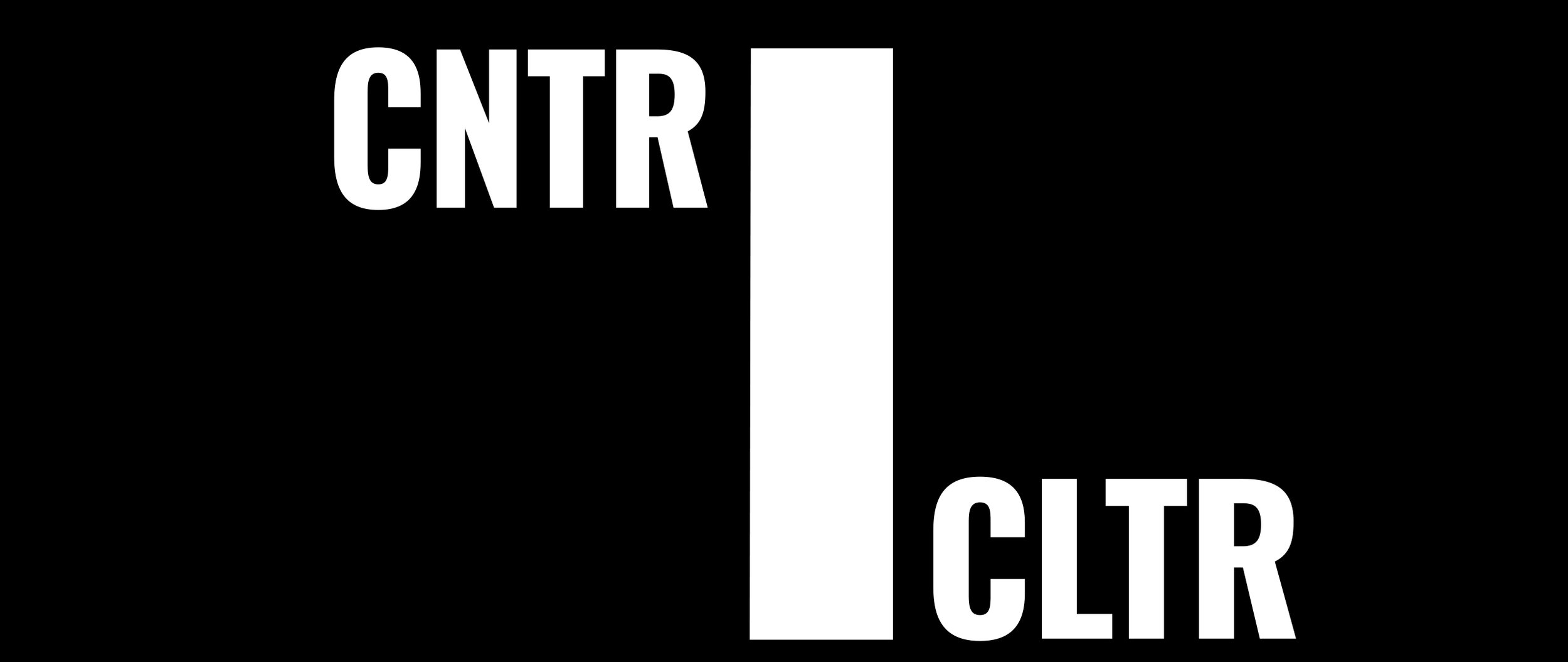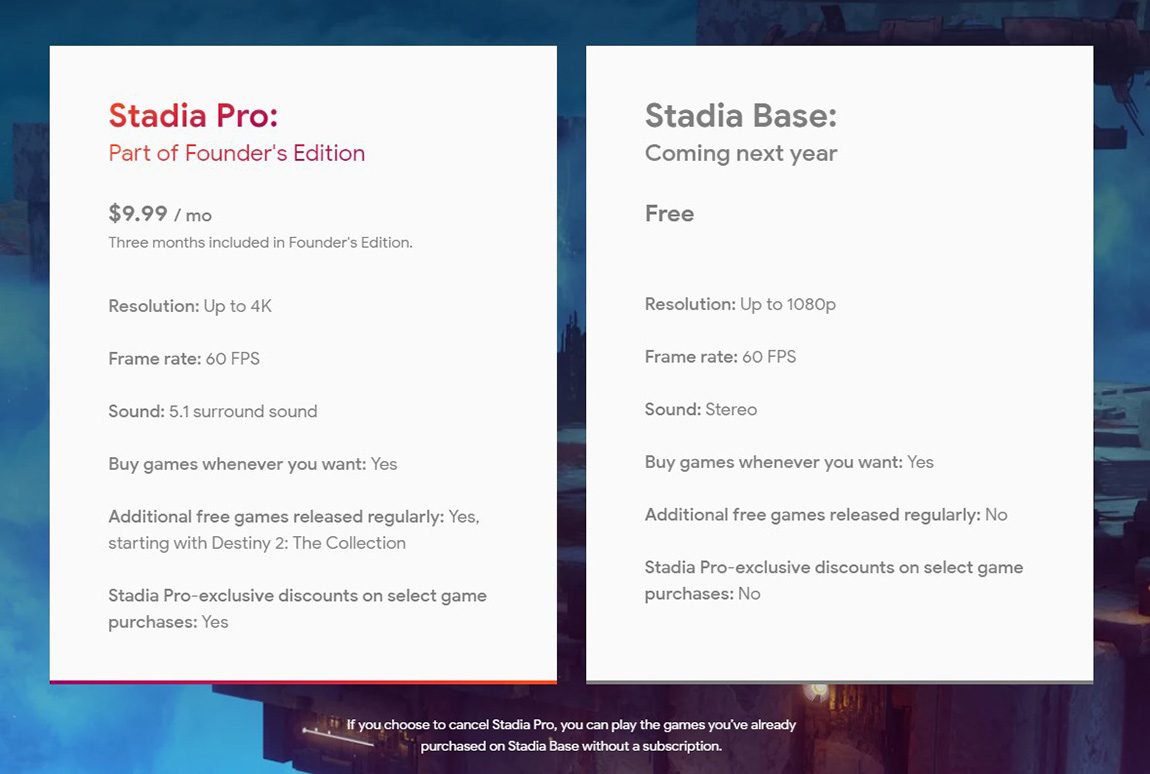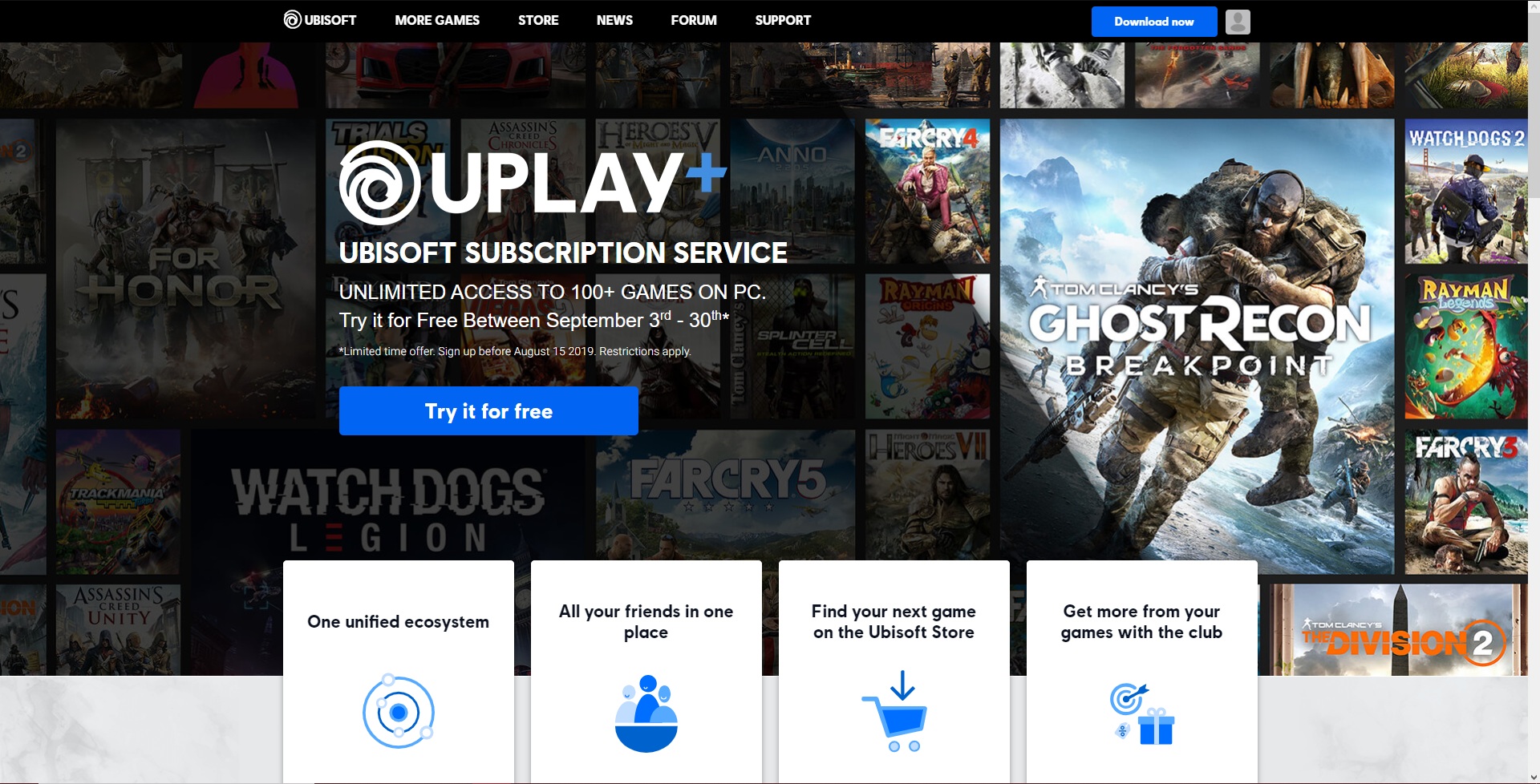Just this past week, Xbox announced its rollout of their "Xbox Game Pass" subscription service for PC. At the same time, they also unveiled a bundled dubbed "Xbox Game Pass Ultimate" hosting all of Xbox's subscriptions at a slight discount per month. Being both a console and desktop owner, I immediately jumped and upgraded my standard subscription over to this bundle. However, it also made me seriously stop and think about what monthly services I'm actually paying for.
Not only was I subscribed to Xbox Game Pass and Xbox Live, I was also subscribed to the following:
- Playstation Plus
- Nintendo Switch Online
- Humble Bundle
- Twitch Prime
And that doesn't even included my subscriptions to other pieces of media, like Google Play Music and Hulu.
So what's up with these services popping up? Where's the value proposition and how are they sustainable, or are these sustainable? Let's discuss.
Just this past week at two different press conferences we received the announcement of two new gaming subscriptions - Xbox Game Pass for PC, and Ubisoft's Uplay+. And before those, Google announced that its Stadia platform would feature a "Pro" tier that would cost a monthly fee and include a selected catalog of games along with other benefits.
But where is the value in these subscriptions? How do publishers and developers make money from these?
While concrete numbers are never made clear on how these contracts are created and what details are within, generally its agreed upon that both the developer/publisher and the platform holder form an agreement where the platform pays a certain fee for either 1 game or multiple games in the publisher/developer's stable to be included in their catalog for a fixed period of time. While I'm not privy to any specific details, I'm going to go out on a limb and assume that the platform doesn't make a cut on any in-game micro-transactions, just that initial amount agreed upon in the contract. In exchange for taking a lump sum, the developer/publisher gets a large amount of exposure from the service it's being placed on.
So where's the benefit in someone including their game on any of these services?
This is probably a small leap on my part, but I'm assuming that at this point, a lot of game creators utilize these platforms as a means to boost their games exposure, forfeiting a portion of profit to hopefully make it back on a steady stream of players who will either 1.) purchase something in-game, 2.) purchase merchandise, and/or 3.) become a long term fan and ambassador for their brand, leading to future sales and profit.
And so far, I see no indicator that this hasn't worked yet. If anything, seeing Microsoft go all in with their Game Pass service, as well as all the success stories related to their 1st party games launching on Game Pass, should be a clear indicator that this is proving a good source of revenue. Microsoft has even reported that putting their first party titles on the service has increased their standalone sales.
It makes sense from a consumer's standpoint that someone would be more inclined to purchase $10 for a month of a large selection of games versus a $60 game you may or may not like. There's less risk on that end of things, and it creates a longer tailed cycle for the developer/publisher to make revenue from. However, I feel like we're starting to hit that same saturation point we did about a year ago for video streaming services.
So is there a point where we can have too many subscription services in the wild? You bet there is! And it's getting close. We've already hit that point with video streaming - everyone wants their own slice of the pie. But we've seen companies try to bundle them together, like VRV, with some success. WarnerMedia is rumored to be launching a similar bundled service, incorporating HBO and Cinemax programs. This is going to be the only way a lot of these services survive in the long term, and I could see a similar scenario occur with the gaming industry but for different reasons.
While video services primarily started off as giant bundled services with cable providers and compartmentalized into smaller, siloed providers, gaming started off as siloed purchases and have slowly moved into bundles. Where the two differ is that video streaming services typically have little overlap with each other, whereas video game subscriptions do. While each video service is providing dozens of unique options, most video game subscriptions are melting pots of games ranging from indie to AAA, new and old, from dozens upon dozens of developers/publishers. Not to mention no one reasonably has the free time to consume even a fifth of all the content available.
A big problem with these services right now is that all of these bundles, especially ones that focus don't aren't put out by a publisher like Humble Monthly and Twitch Prime, overlap too much with other service's offerings (along with the free games regularly being handed out by storefronts like Epic and Humble).
As someone who has been a subscriber to each of these services at some point or another, I can say that there definitely comes a point of diminishing returns to how many of these you subscribe to. The overlap as of the past year has become tremendous - I have had access to games like Enter the Gungeon, Rime, Slime Rancher, Oxenfree, and many more from at least 3 different services before.
Then there are the subscriptions owned by publishers like EA and Ubisoft. These services' main selling proposition is that they each contain their respective publisher's in-house games, but the audiences for each of these games don't always overlap. The audience that plays Madden isn't always the same audience that plays Battlefield.
Earlier this year, I subscribed to EA's Origin Premier service to play Anthem at release. But that was pretty much all I was interested in that I didn't already have access to, whether it was an EA game or otherwise. I had no incentive to remain in their ecosystem, and if I had found Anthem enjoyable (which I was only lukewarm on) I would have just bought the game outright.
And while it's fine to have diversified content in video streaming services, it isn't in video game subscriptions because of the yearly throughput a publisher typically has. While HBO has 19 new and returning shows airing this year, EA is going to have 7 games published by the end of 2019. And while I might be inclined to check out a show I don't know I'm going to like because an episode lasts less than an hour, I'm not necessarily going to want to try out Madden because I have to first download it and then invest at least a couple hours learning the mechanics of the game before deciding whether or not I enjoy it.
Ubisoft is going to enter a similar position with its subscription service too, and they're going to pad out their catalog just like EA has - with older games from their own studios as well as the games that other subscription services have already had in their libraries for months. Xbox does the same thing with Game Pass, and if Sony were to follow suit with a similar service to it then it would do the same.
While I personally love seeing these services around because I think lowering the barrier to entry to games people would be less inclined to try (like smaller indie titles) is a benefit to the gaming industry, we're reaching that point where not all of these are going to be able to survive unless there are some major changes to how these bundles are curated.
I don't think creating "genre" bundles is the answer to this, but I also believe that having these created bundles with catalogs of externally developed games isn't it either. There's got to be a better way for game subscriptions to diversify themselves without cannibalizing each other, and perhaps it's having bigger bundles from groups of publishers. If it has to be $14.99 to ensure every company gets proper compensation then so be it. But the way it is right now - this ain't it chief.









